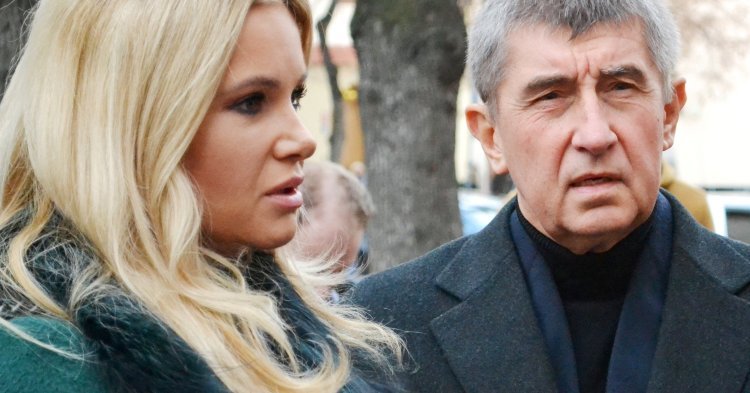On 20 and 21 October, the citizens of the Czech Republic had a chance to decide the course of their country for the upcoming four years in the country’s general election. The turnout was 61% and nine parties got seats in the Parliament, which is the highest number since the dissolution of Czechoslovakia. The results confirmed that Czech voters prefer newer, often anti-establishment parties opposed to the traditional ones which have been in charge for the last 25 years. Moreover, parties supporting closer integration within the EU are losing votes.
The absolute winner of the election is the Slovak multibillionaire Andrej Babiš. With around 30 % of the vote, his ANO movement (ano means yes in Czech) dominated the election and even set a new record – winning in all 14 regions of the Czech Republic. Now, their first big challenge will be to create a new coalition to form the government and secure the majority in the lower chamber of Parliament. The only possibility for a two-party coalition is to join forces with the Civic Democratic Party (ODS) which is a scenario rejected by ODS. Most of the parties who exceeded the 5 % threshold necessary to enter the Chamber of Deputies (Poslanecká sněmovna) also refused the coalition with ANO. Therefore, there are many negotiations being held at this time and it is hard to predict how they will end. An early election is also one of the potential scenarios.
Did the Czechs say ANO to their own Trump?
Foreign media often call Andrej Babiš “the Czech Trump” owing to his business and media empire as well as populist rhetoric. He owns the giant Agrofert Group which de facto controls the majority of Czech agriculture and food industry, as well as a publishing house, MAFRA, publishing two of the most important periodicals in the country.
Just like Trump, Babiš has many problems and scandals going on, one of which is his investigation over possible tax crimes. This year, he had to resign from his post as Finance Minister and was accused of influencing his media in order to cover his scandals and to weaken its political importance. He also lost his parliamentary immunity and this month, he was prosecuted over his misuse of EU subsidies for his Čapí hnízdo farm. Babiš claims all of these accusations to be politically motivated. President Miloš Zeman said that, in the case that ANO wins the election, he will name Babiš the next prime minister whether or not he is in prison.
We want change!
In this election, two anti-establishment parties gained popularity. One of them is the Party of Direct Democracy (SPD), a right-wing nationalist party lead by half-Japanese populist Tomio Okamura. With their opposition to immigration and the EU, the party is often compared to the German AfD. The other one is the Czech Pirate Party whose programme focuses mainly on transparency, anti-corruption and e-government. Recently, it grew more and more popular among young people and students. However, due to their lack of experience with politics, it is uncertain how they will be able to fulfil their programme and negotiate with other parties.
The European Union in opposition
The Pirates and TOP09 are the only two out of nine parties who stated their support to the EU. However, only TOP09 made stronger European integration and adoption of the euro a core part of its programme together with their slogan “nEUhneme” (we will not step aside). Given that the party struggled to get 5 % (as opposed to 10,6 % for SPD) it is evident that support for the European Union in the Czech Republic is weakening in favour of populist and nationalist movements. Even the president Miloš Zeman (who has strong ties to Russia) deploys anti-EU rhetoric, and it seems as though he intends to send the country back under Russian influence.
From the current point of view, the democratic mechanisms and institutions will be put to a test in the next four years. Only the upcoming weeks and months will show whether the Czech Republic continues as a pro-Western and pro-EU country or if it joins Hungary and Poland on their way to autocracy. Until then, we have to observe it properly and hope for the best.



Follow the comments: |
|
